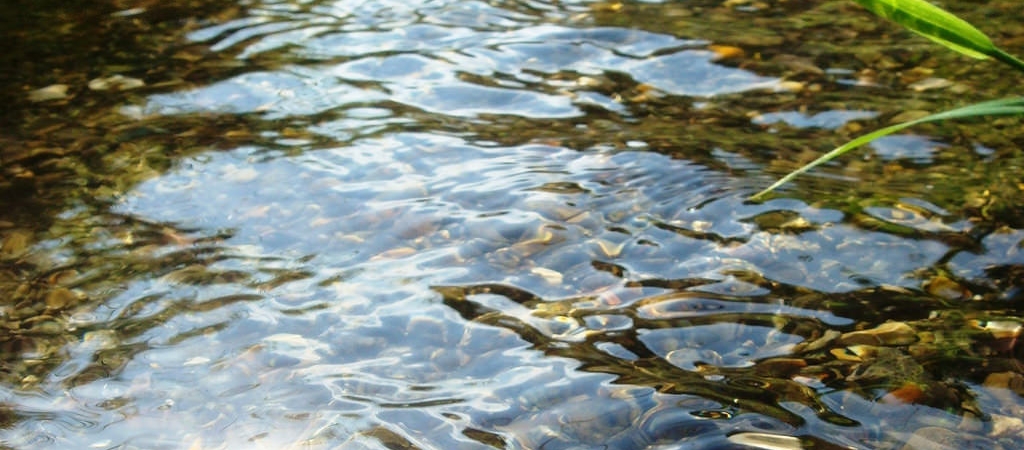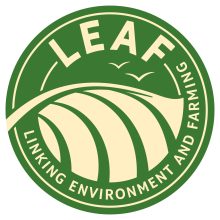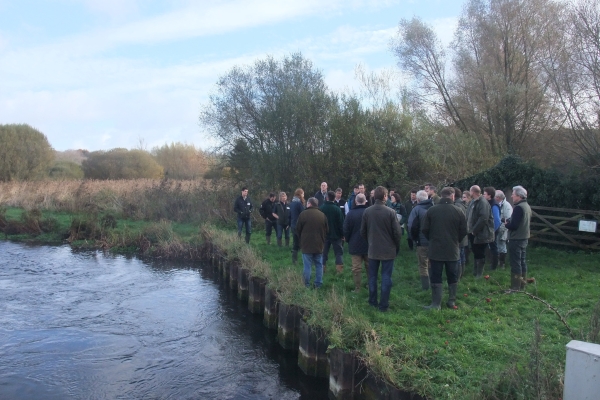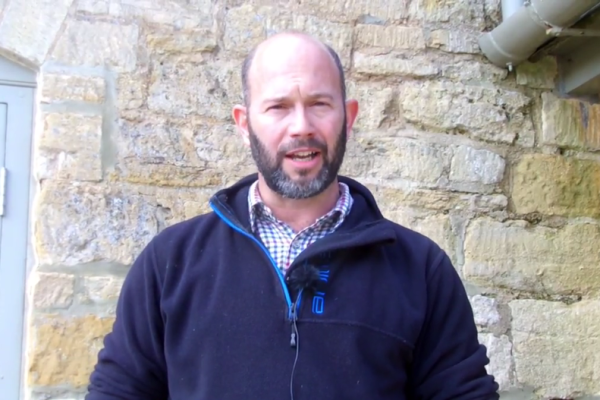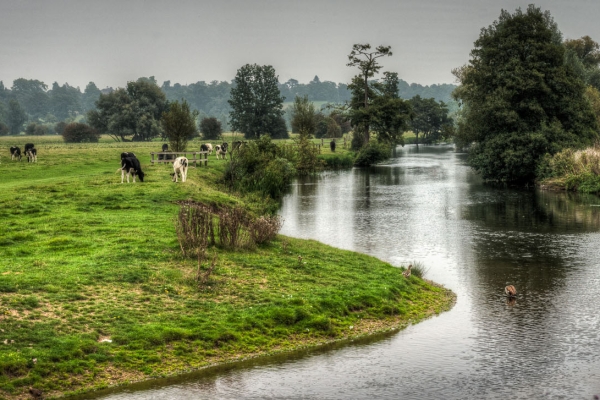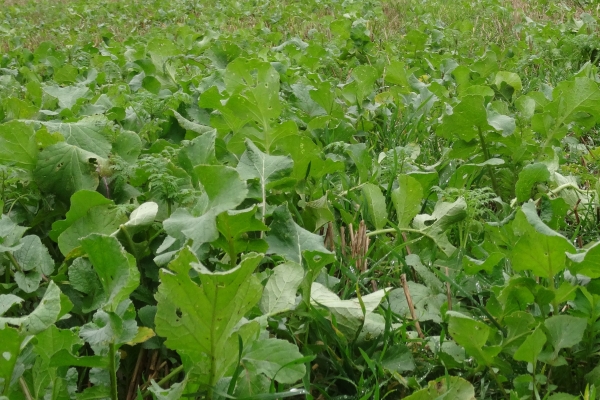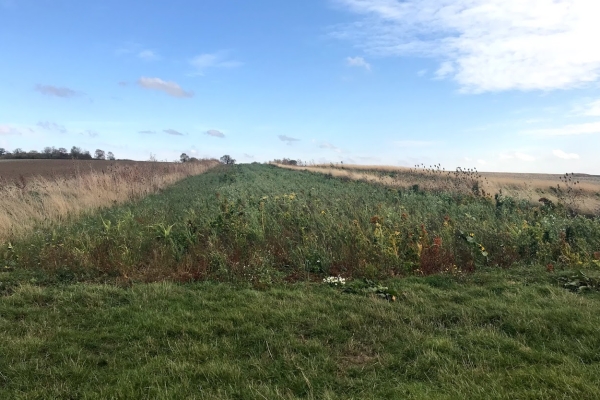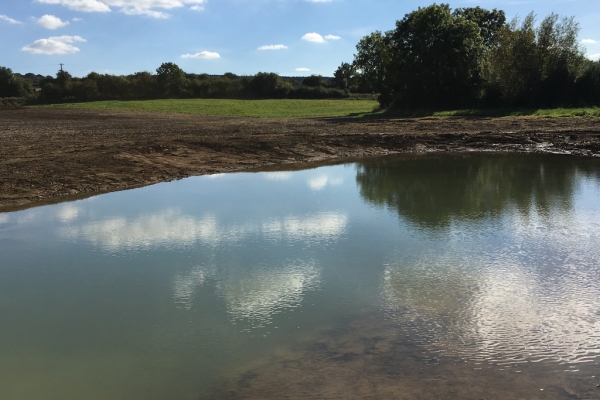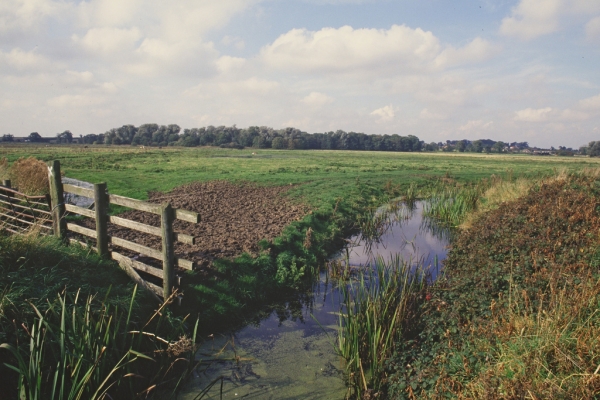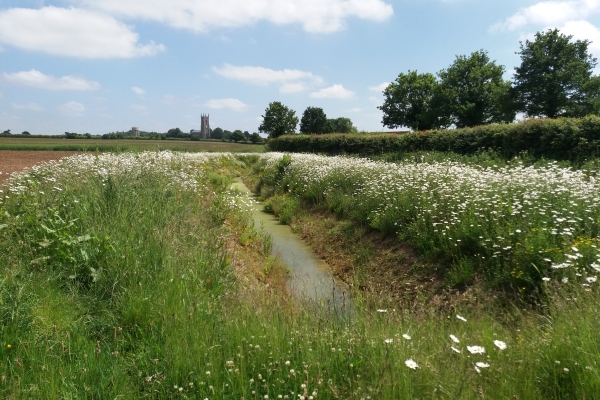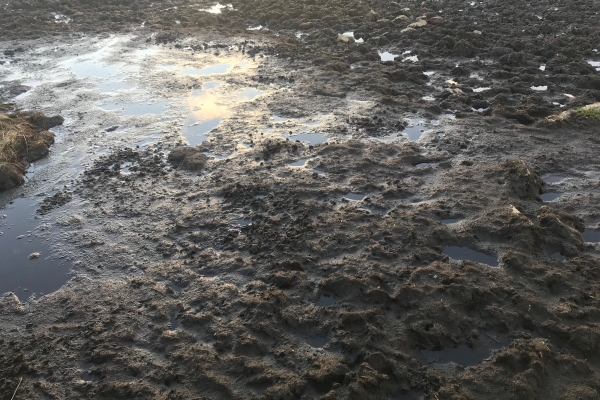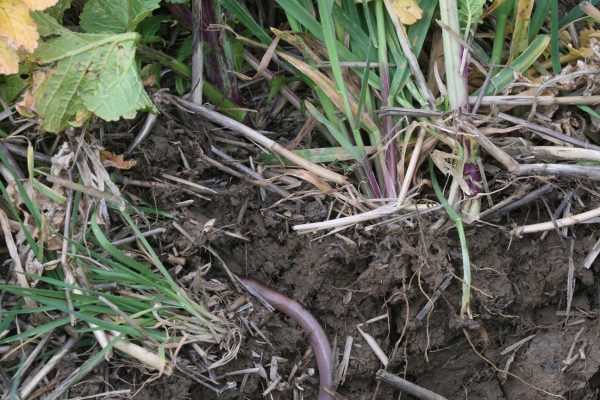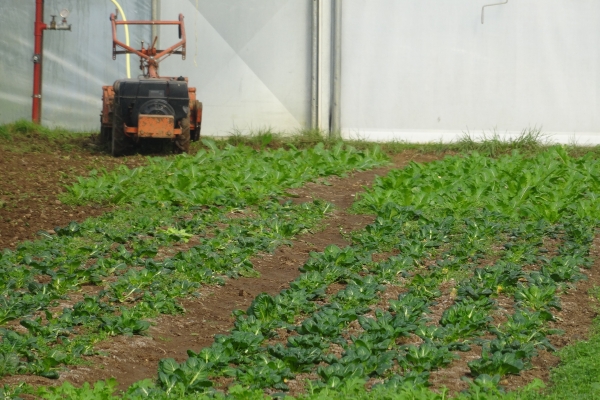Simply Sustainable Water at Overbury Farms
Resource explained
This 7.13 minute video is based on LEAF’s ‘Simply Sustainable Water’ booklet, which was produced to help you develop an effective on-farm management strategy for efficient water use and to improve your farm’s contribution to protecting water in the environment. Jake Freestone, Farm Manager at Overbury Farms, takes you through the ‘Six Simple Steps’ to achieve this; showing how it has been put into practice at Overbury (a LEAF Demonstration Farm).
He explains: rainwater harvesting technology they invested in to help save water (how it works and what it is used for); their Integrated Farm Management (IFM) approach to protecting water sources (using grass margins and hedgerows to protect water quality of a spring-fed stream); using cover or catch crops to help with soil management for water quality; using silt traps and reed beds to improve water quality; and the importance of monitoring water loss and analysing water quality and of looking at how crops perform under certain weather conditions.
Findings & recommendations
- As Jake says, farmers and land managers have increasing challenges brought on by erratic weather patterns involving both periods of drought and heavy rainfall. The guide provides tips on first steps you might want to take on your farm to try and manage water more effectively and improve the quality of the water.
- He highlights:
- An important feature of the rainwater harvesting technology that helps reduce the risk of burst pipes and water loss.
- How the IFM approach has helped protect and preserve water quality on the farm and provide food for pollinators and cover for birds.
- A cover crop of mustard, describing the benefits of leaving stubble or planting a catch crop such as reducing soil erosion and intercepting nutrients and pesticides.
- A silt trap installed to widen and deepen a ditch and slow water down, and reed beds that help improve water quality and provide bird and insect habitats.
- The importance of tracking water and monitoring water quality; to establish impacts of farming systems and accurately monitor water loss between sections of the farm’s supply.
- The usefulness of investing in a weather station and keeping a record of how crops perform under certain weather conditions.
Also see ‘Simply Sustainable Water: Six Simple Steps for managing water quality and use on your land‘
